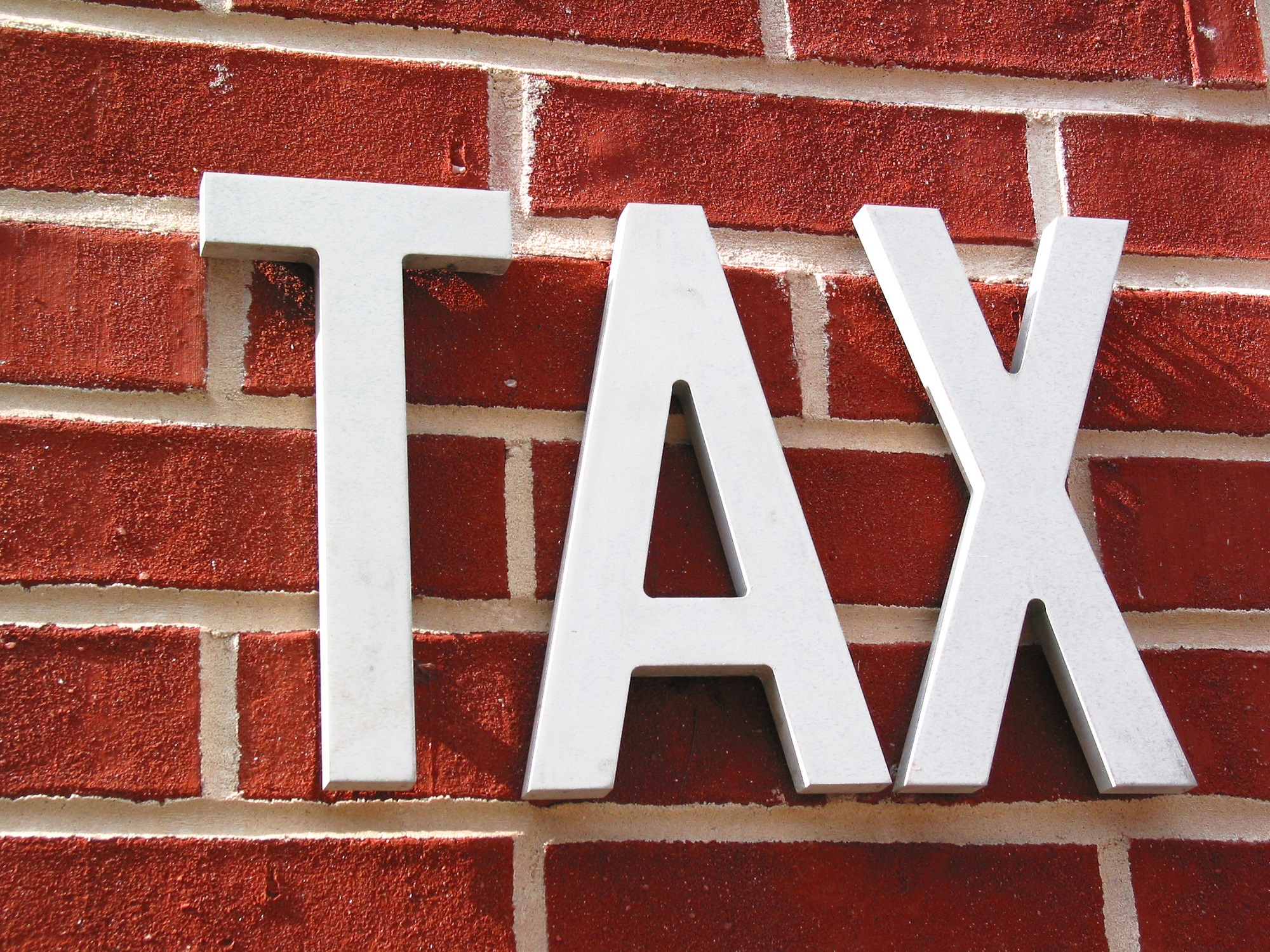
Besides offering financial relief to individuals & loans to businesses struggling during the Covid-19 disaster, the CARES (Coronavirus Aid, Relief, and Economic Security) Act changes several tax perquisites to improve liquidity for organizations that are enduring a large decline in cash flow.
Among other tax modifications, the Coronavirus Aid, Relief, and Economic Security Act untied rules governing NOLs (net operating loss deductions). These amendments offered much-required relief for businesses, and there’s a chance to build upon them in forthcoming “Phase 4” economic relief legislation.
Why NOLs Matter?
The objective of business income taxation is to tax an organization’s net earnings, preferably in a consistent way over time. However, some industries and businesses may have more unstable profits than others year over year, which may prompt to unsteady tax treatment gradually without a net operating loss deduction. For example, imagine an organization in an unstable industry that makes a $100,000 profit in their first year and has$50,000 lossin second year. A second organization makes an even $25,000 in first and second years, so both companies have the same combined net earnings over those 2 years.
Without a net operating loss deduction carry back, organization one compensates a higher effective tax rate compared to organization 2: a 21% tax on $100,00 in net income for year 2 regardless of merely a $50,000 net over the last 2 years. This penalizes organization 1 for having more unstable profits compared to the 2nd organization.
The NOLs provisions in the CARES Act:
The CARES Act made 3 changes to the NOLs that enhance cash flow for stressed companies:
• Offered a 5-year carryback for losses acquired in 2018, 2019, or 2020, which lets companies to amend tax returns up to 5 years before counteract taxable earning from those tax years.
• Suspended the NOL limit of 80% of taxable earnings.
• Pass-through business owners may employ NOLs to counteract their non-business earnings above the earlier limit of $250,000 (single) or $500,000 (married filing jointly) for 2018, 2019, and 2020.
Takeaway:
Opposite to some of the oratory surrounding the changes to NOL deductions in the Coronavirus Aid, Relief, and Economic Security Act, the terms are a step forward for offering companies liquidity in a time of financial disaster and limited cash flow.
The objective is not to offer a windfall to companies nor to reduce long-run taxes, but to make sure companies without past gains can stay alive through an unparalleled financial catastrophe that Covid-19 has created.

Tax Tips for the Self-Employed – Foster Financial
Analyzing the Cost vs. Benefits of Business Expenses
Strategies for Optimizing Your Investments